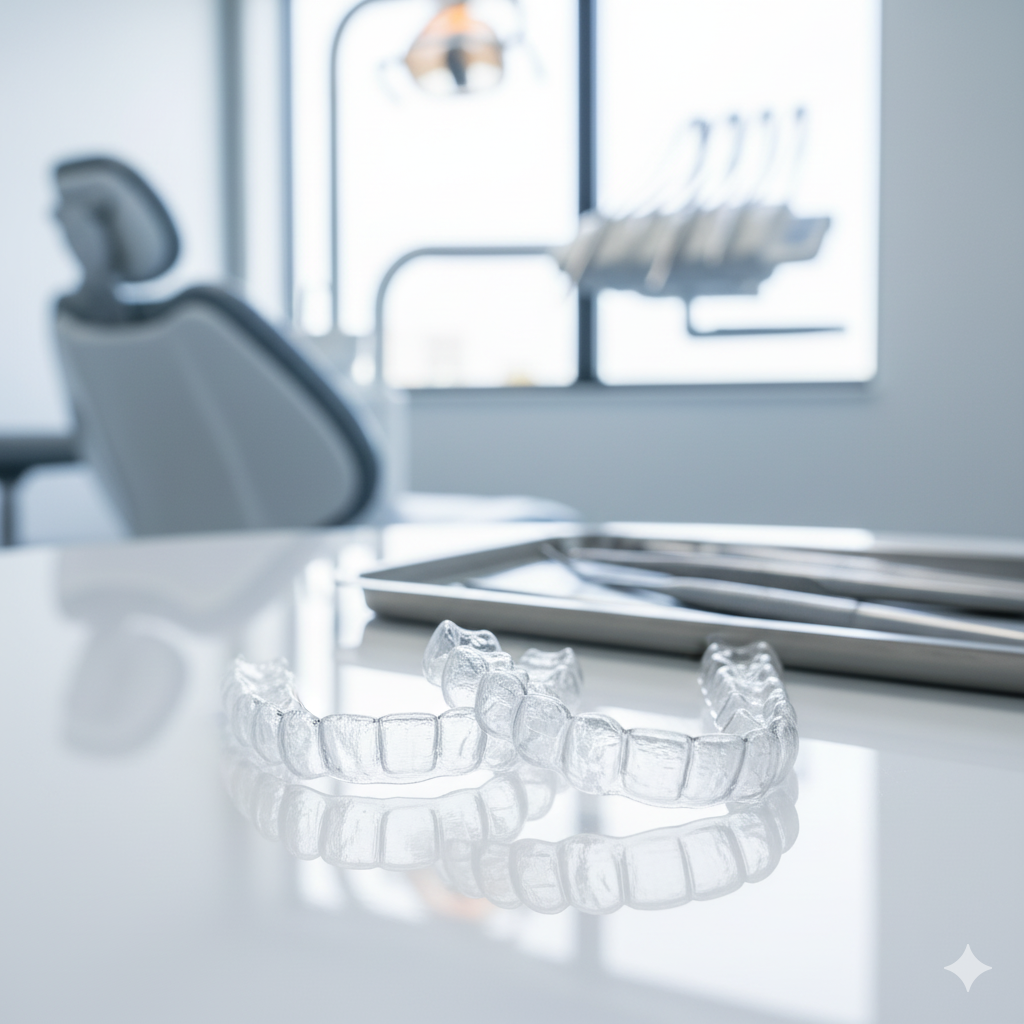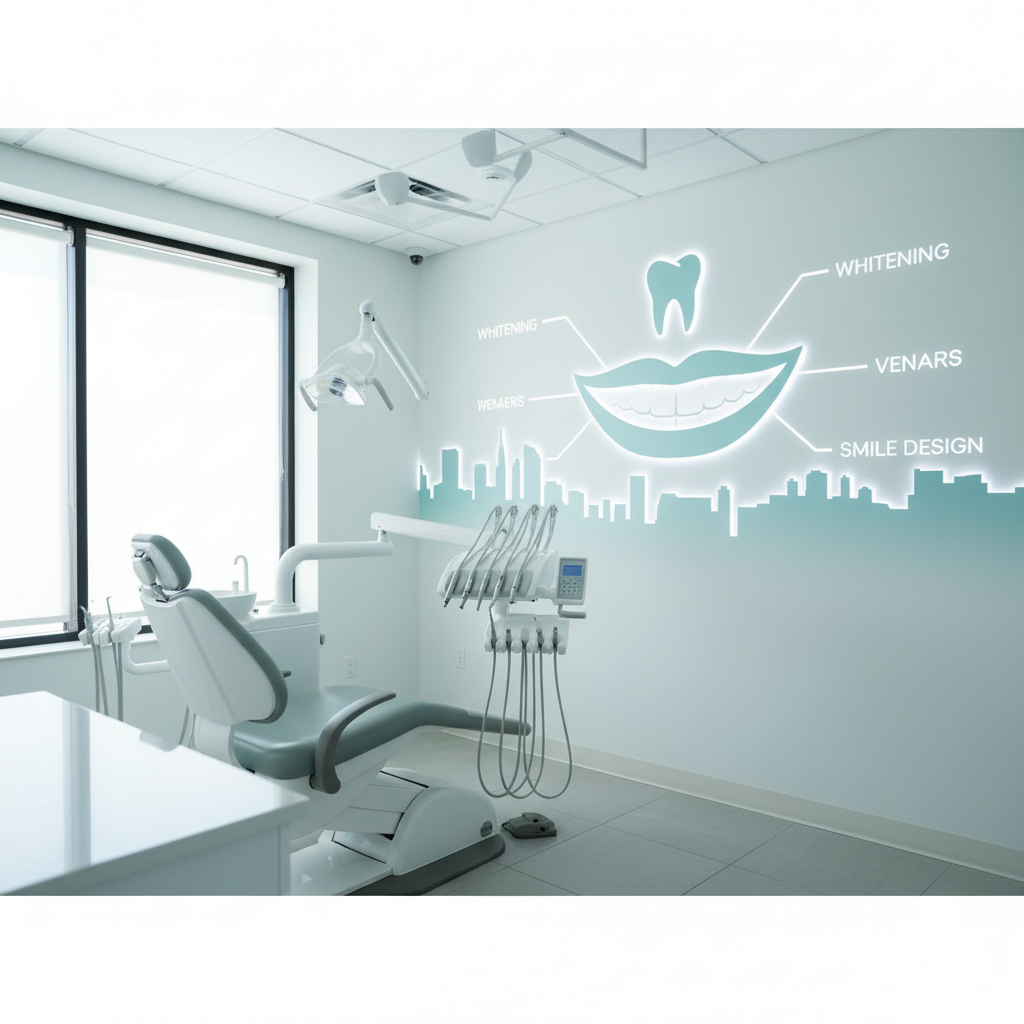Wisdom Teeth Extraction in Shelbyville – Everything You Need to Know

Wisdom teeth or third molars usually grow or develop during the late teenage years to the early twenties of an individual. These teeth are often the last ones to come through. Some do not have complications from them, while most need extraction because they cause a nuisance, such as pain, swelling, or malalignment. If you are looking for extraction services in Shelbyville, our friendly and professional dental team is all set to guide you through this process.
Reasons for Wisdom Teeth Removal
Most wisdom teeth don’t cause any trouble. However, there are many common oral health problems causally associated with them:
Impaction – There are not enough spaces for wisdom teeth to grow; therefore, they are stuck underneath either the gum or the ball.
Crowding – New teeth could thrust against existing ones, causing displacement.
Infection and Gum Disease – With partial eruption, pockets of bacteria are created around the teeth.
Cavity-Development: Where some teeth levels develop cavities, that is why there are such fine unreachable wisdom teeth that are almost impossible to clean.
Very often arises from mouth pain and swelling in the jaws due to impacted wisdom teeth.
Most of these problems have been averted by early extraction of wisdom teeth to afford many years of good dentition:
Signs You Need to Remove Your Wisdom Teeth
Consult a Shelbyville dentist if you experience any of the following:
– Pain that won’t go away: It usually manifests at the back of your mouth.
– Swelling or redness at the gums
– It is hard to open your mouth fully.
– Teeth moving around.
The Wisdom Teeth Extraction Process in Shelbyville
We make it safe and less of a hassle at the Shelbyville dental office. The procedure usually is:
Consultation & X-rays: Your dentist examines your mouth and takes X-rays to check where your wisdom teeth are.
Options for Anesthesia: Depending on the difficulty of an operation, you may receive local anesthesia, sedation, or general anesthesia, thus keeping you relaxed throughout the entire procedure.
Cut – The dentist will take out the impacted wisdom tooth: sometimes making a small incision if the tooth is impacted.
Sew them up (if necessary): Dissolvable stitches may be used to aid healing.
Recover and Aftercare: You will receive exact instructions for healing.
Normally recovering usually would take between a few days to a week. Here are following wisdom tooth extraction advice for a speedy return:
Ice pack for swelling reduction. Rest and avoid severe activities for the first 24-48 hours. Soft foods such as broth, yogurt, and smoothies. Avoid straws or smoking, as suction may dislodge the healing clot.
Take your prescribed medicine as instructed by your dentist.
Keep mouth hygiene by gently rinsing with warm salt water.





